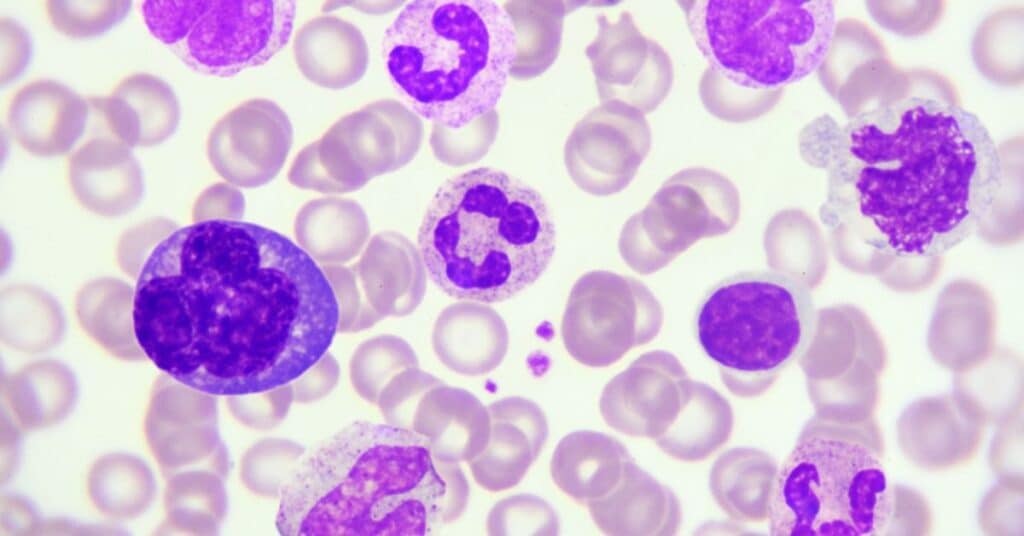I am gluten free and will be for the rest of my life. That is, unless they find a cure for celiac disease in my lifetime. I am crossing my fingers for a cure. If you want to learn more about finding a cure for celiac disease, you can review my previous blog where I highlight the most recent research studies. In the meantime, diet modification is the only option to reduce my symptom load and prevent the onset of other complications. I have been asked time and time again, how do you live gluten free? The answer is simple. If you felt how I felt prior to my diagnosis, you would jump on the gluten free bandwagon. For me, gluten free is a lifeline. There are many other people in the world who experience chronic symptoms on a daily basis and think that these aches and pains are a normal part of daily life. This doesn’t need to be the case. Diet modification may be the answer for your food sensitivity symptoms too.

What’s happening inside my body?
Chronic food sensitivity symptoms are present because something has gone haywire in your body. Food and chemical sensitivities could be part of this dysfunction. A food or chemical sensitivity is when the body has a negative, dose-dependent reaction to food. This reaction is due to the immune system’s white blood cells and inflammatory mediators. To put it simply, your body is identifying a food or chemical as a toxin or foreign substance and the result is a wide array of physiological symptoms.
Food Sensitivity Symptoms and Risk Factors

What are common food sensitivity symptoms?
- Fatigue
- Joint pain
- Brain fog
- Mood swings
- Nausea, vomiting, diarrhea, constipation
- Bloating
- Flatulence
- Abdominal pain
- Sinus congestion
- Skin irritation
- Water retention

What conditions put you at risk for food sensitivities?
You may be at risk for food sensitivities or chemical reactions if you have any of the symptoms listed above or if you have any of the following conditions:
- Celiac disease
- Inflammatory bowel disease (IBD) including ulcerative colitis and Crohn’s disease
- Irritable bowel syndrome (IBS) including both constipation and/or diarrhea
- Acid reflux or Gastroesophageal reflux disease (GERD)
- Rheumatoid arthritis
- ADHD
- Interstitial cystitis
- Psoriasis
- Migraines
- Sinusitis
- Asthma
What’s the relationship between food sensitivities and allergies?
You may also be at risk for food sensitivities even if you have tested negative for allergies. It has been noted that 35% of people indicate symptoms related to food intake but less than 5% are from allergies. In fact, 50-90% are due to food sensitivities. (1)

Food and Diet for Food Sensitivities
Is changing my diet the only way to combat food sensitivities?
Your initial response to diet modification for a food sensitivity might be that you don’t want to be inconvenienced or miss out on some of your favorite foods. Hold that thought. Instead, imagine a world without headaches, bloating, gas, fatigue, or sinus congestion. Imagine waking up every day with energy and not having to take some sort of pharmaceutical aid to help combat your daily symptoms. Diet modification may be the answer.
If you’re still not convinced about changing your diet, let me tell you why listening to your body’s alarm mechanism is important. When undigested food and toxins travel through the gut barrier and into circulation, it impacts the entire body. By modifying the diet and healing the gut, you prevent the inflammatory cascade from negatively impacting other organs. This also allows the proper absorption of vitamins, minerals and macronutrients. It allows your body to work as it should and, in return, you reduce your symptom load or live symptom free.

What’s the best food sensitivity test?
Years ago, the only option for identifying food sensitivities was an elimination diet. This was a long tedious process. These days, there is a plethora of tests available to the consumer. A preferred test, Mediator Release Test (MRT), evaluates the mediator response. This is different than the traditional method of analyzing antibodies. The MRT test is specific to each person and helps target which foods and chemicals should be eliminated. In fact, MRT has a 95% sensitivity and a 92% specificity. (2) Also, under the guidance of a trained professional, the results lead to a personalized protocol of re-introducing foods to your diet. This diet protocol is known as LEAP which stands for lifestyle, eating and performance. This protocol plays a significant role in the healing process and provides the patient and provider with useful information for establishing a balanced diet that is right for your body. The goal is to liberalize the diet and provide a well-rounded nutrient dense meal plan without adverse symptoms.
In fact, MRT [Mediator Release Test] has a 95% sensitivity and a 92% specificity.
The Luxford Nutrition Food Sensitivity Symptom Survey
Take my food sensitivity symptom survey. As a registered dietitian and certified LEAP therapist, I will let you know if you’re a good candidate for specialized testing and diet modification.
References
- J Allergy Clin Immunol.Author manuscript; available in PMC 2014 Nov 24. Published in final edited form as: J Allergy Clin Immunol. 2010 Dec; 126(6 0): S1–58. doi: 10.1016/j.jaci.2010.10.007
- https://www.functionalnutritionanswers.com/what-is-the-best-food-sensitivity-test/

